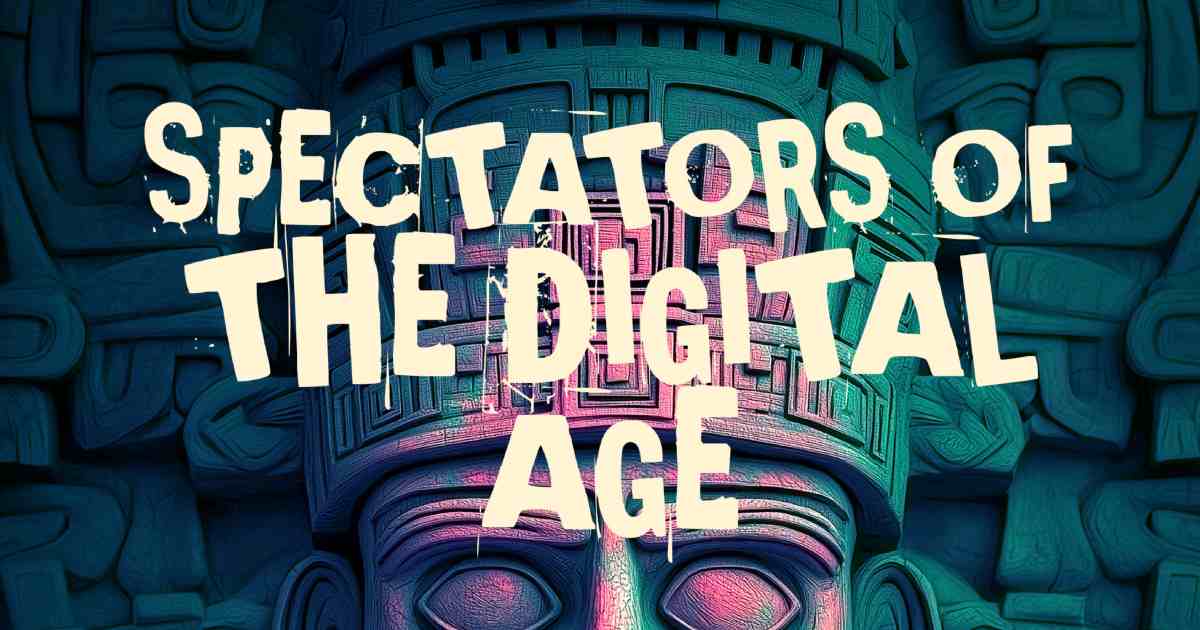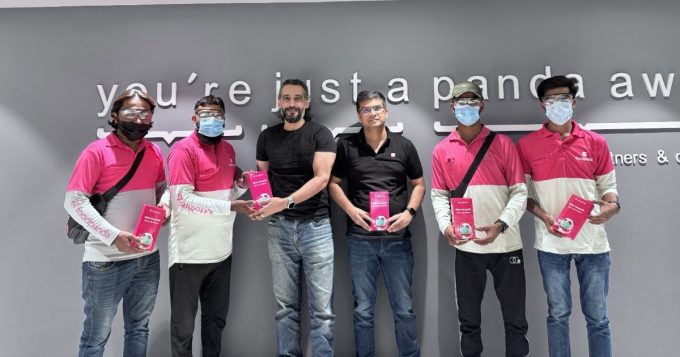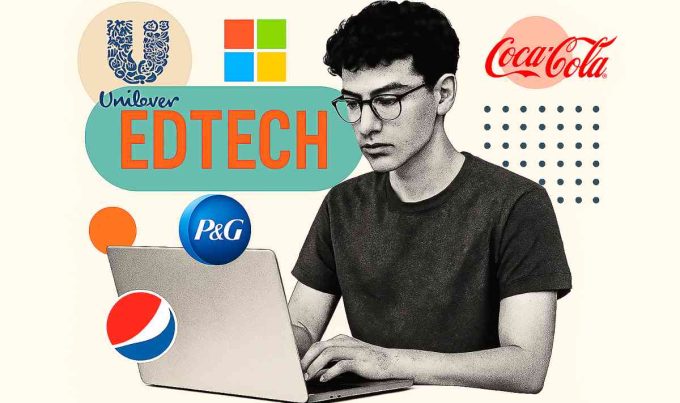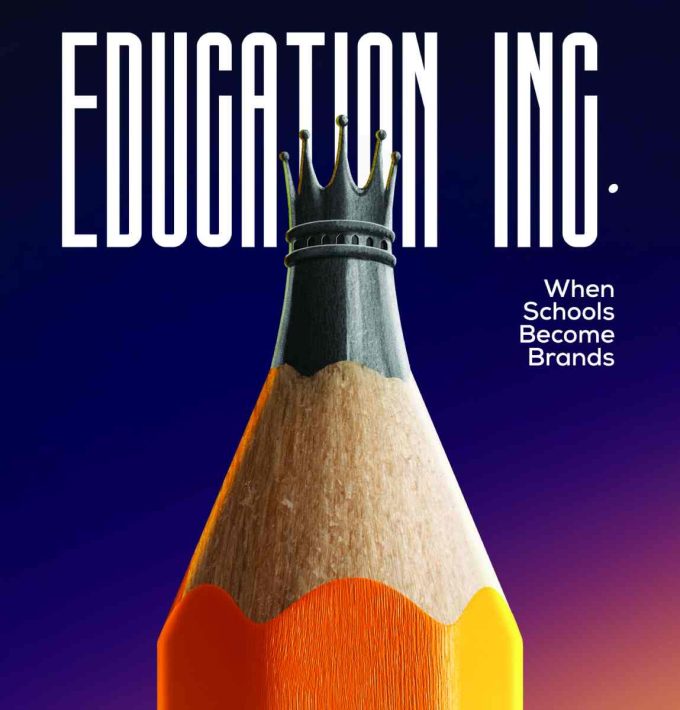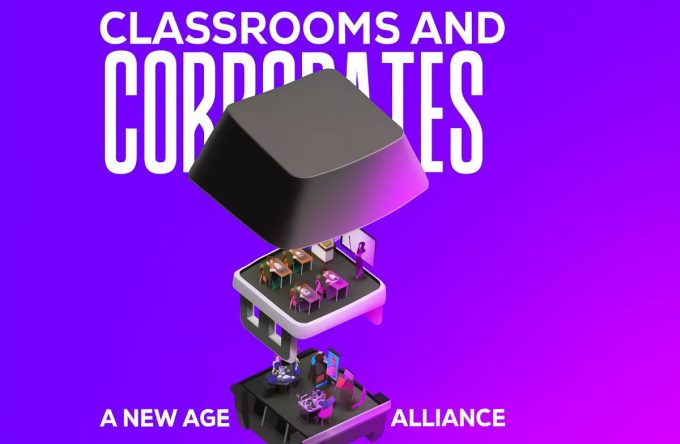Harmless Curiosity or a Toxic Judgment
In Pakistan, the art of nosiness has evolved from curtain-peeping aunties to Instagram sleuths. But is our obsession with others’ lives harmless curiosity or a toxic cycle of judgment, envy, and performance?
I think we all possess a small amount of Muhallay Wali Aunty. Admit it, it’s oddly satisfying to look through someone’s social media, analyse their life stories and pass judgment on their decisions.
However, this practice seems to be a national hobby. You can attribute it to curiosity, cultural customs or a deep-seated want to tell someone, “Dekha, I told you so,” or the common “Haw! Hayes!”, it’s in our DNA.
We’re dedicated to remaining up-to-date, whether it’s by peering through your window into your neighbours’ house or examining influencers’ personal lives, including the detergent brand they use.
But why? Is it boredom? Jealousy? Or just the need to feel better whilst looking down on others? It’s all of the above, in my opinion. However, we must not assume that this interest is harmless. What once required binoculars and curtains now takes just a few swipes on a smartphone.
From Gully Gossip to Instagram Stalking
Before the internet, the neighbourhood aunty ruled supreme. These self-appointed “life analysts” were always ready to gossip about – “Who went where?” “Did what?” And “wore which outfit”—all before you’d even brushed your teeth in the morning.
Fast forward to 2025, and social media has turned us all into digital aunties. We don’t just gossip anymore; we swipe, scroll and share through endless reels. Check the comments section to get an update on what others are saying and what opinions they have on certain topics.
A vlogger’s breakfast isn’t just food—it’s a symbol of wealth, health and for some reason, morality. We’ve blurred the line between curiosity and intrusion. And here’s the kicker – we justify it. “If they’re sharing it, it’s my right to judge,” we tell ourselves.
But is it really? Social media is just the modern version of sham ki chai and gup shup, which is basically tea both literal and figurative. We’ve swapped living room banter for Instagram DMs and YouTube comments section.
But there’s a deeper cultural layer to this. Growing up, we’ve been taught to value appearances. “Log kya kahenge?” (What will people say?) has been drilled into our psyche. This obsession with how others perceive us drives us to monitor and judge everyone around us.
It’s not just curiosity anymore, it’s a need to confirm that someone else’s life is more flawed than our own and labelling it as “taking an interest,” but let’s be honest, judging and just taking interest are miles apart.
Vloggers: Heroes or Villains?
Speaking of oversharing, let’s talk about the vloggers who make this possible. Are they documenting their lives to connect with an audience or are they capitalising on our unhealthy observing? The truth lies somewhere in the middle.
On one hand, I respect their hustle. Turning your life into content requires creativity, resilience and a stomach for criticism. On the other hand, let’s not kid ourselves—most of these “authentic” moments are as real as a five-rupee note. That heartwarming family breakfast you saw? Probably staged six times with studio lighting.
Vloggers play their audience like a violin, tugging at our emotions, feeding our curiosity and then laughing all the way to the bank. But hey, they’re not entirely to blame. If we weren’t so addicted to their content, they wouldn’t have a market to exploit. So, who’s the real villain here?
Why Do We Care So Much?
Let me roast us a little. Why are we so obsessed with other people’s lives? Is it because we’re bored with our own? Are we too lazy to create meaning in our daily routines, so we latch onto someone else’s? Maybe. Or maybe it’s something deeper—a greedy need to validate our own choices.
We compare relentlessly. Their house is bigger, their marriage seems happier, their kids are better behaved or “At least I’m doing better than them.” It’s a toxic loop and the more we engage, the more it feeds our insecurities.
The “Cursed Blessing”
Social media is often noted as a double-edged sword, but honestly, it feels more like a boomerang—it keeps coming back to hit us in the face. On one hand, it’s a tool for connection and creativity. On the other, it’s a ground for envy, judgment and misinformation. We’ve turned it into a stage where everyone’s life is up for public debate. And fam, do we love to debate. From what a vlogger’s spouse should wear to how they should parent their kids, nothing is off-limits. It’s as if everyone has a PhD in – how to give unsolicited advice. “Nothing is private if you’re sharing it,’’ is the defending logic for all the arguments if someone tries to create boundaries about their privacy.
Are Vloggers Complicit?
While it’s easy to blame the audience, let’s not let vloggers off the hook for the sake of content, highlighting all the private moments could be profitable, but at what cost? In addition to subjecting their families to needless attention, oversharing creates irrational expectations in their followers.
Consider that carefully planned “Day in my Life” vlog. It is carefully planned, played and edited so it looks natural. It’s more like “A Day in My Life and How I Act out a Day in My Life” video with 10 takes, 12 scripts and endless fumbles and overacting.
The surprise is that their “effortless, easy-peasy, amazing” life is actually a source of stress for someone else. As we drown in self-doubt, the vlogger laughs uncontrollably and counts their cash.
Let’s not forget the children dragged into this content economy. Do they want to be filmed 24/7? Or are they just pawns in their parents’ hustle? It’s a grey area, but one worth questioning.
Vlogs as Performance: A Society of Instant Celebrities
Here’s something I’ve noticed: vlogs are no longer just about documenting life; they’ve become performances. It’s not enough to just be yourself. You’ve got to perform and package your life into something consumable. Your morning routine?
It’s no longer just about getting up and drinking chai. It’s about showing how “productive” you are, the perfect coffee in the background and your self-care routine that makes you look like an Instagram influencer.
We’re all guilty of putting on a show, even if it’s a small one. But Pakistanis have taken this to an entirely new level. We’ve somehow turned daily vlogs into a contest for attention, validation and of course, engagement.
Think about it: how many “influencers” do you see posting vlogs where it’s all about showing off their latest purchases or a “perfect” family day out? There’s no genuine connection—it’s just performance.
And yet, the demand for this kind of content has never been higher. Why? Because we’ve all become so used to this curated, manufactured version of life, so much so, we’ve forgotten what real, unfiltered living looks like.
The Need to Know More: Privacy Be Damned
And here’s where it gets interesting, how many of us would like to have our lives put on display? I’m not talking about the curated content, but the raw, unfiltered stuff. Would you be okay with your neighbours, your coworkers, or your distant cousins watch you go about your day? It’s a scary thought, right? But somehow, we’ve normalised this. We’re all in each other’s business, and no one seems to care anymore.
This fascination with others’ lives has become a cultural norm. I think part of it is because, as Pakistanis, we’ve always been a community-oriented society. We love to gossip, to chat, to know what’s going on in everyone’s life.
Social media has just made it easier for us to do so. It’s like we’ve all suddenly become part of one big reality show. Everyone’s life is out there for us to dissect and judge. But here’s the kicker, no one asked us to be the audience. And yet, here we are, glued to our screens, watching people share their “best” moments with the world.
The Escapism Excuse
“I just watch it for fun,” we say. But is it really just fun? Watching someone else’s life is sort of an escape, but is too much escapism healthy? It’s clearly an avoidance technique; instead of dealing with our own problems, we bury ourselves in the drama of strangers.
It’s easier to criticise a vlogger’s parenting style than to confront your own parenting challenges. It’s simpler to watch someone cook an elaborate meal than to figure out why you’re ordering takeout for the third time this week. Escapism, when unchecked, becomes a distraction from personal growth.
Digital Day of Judgment
Here’s some tough love: just because someone shares their life doesn’t mean you have the right to criticise every detail. Sharing is not the same as consenting to judgment. Yet, we treat social media like a courtroom, where everyone is guilty until proven innocent.
We need to stop. Let people live their lives without dissecting their every action. If a vlogger overshares, that’s on them but if you waste hours analysing their content, that’s on you.
People need to choose which content to watch. There are so many educational pages, from science, lifestyle and political issues too, but why are always the top YouTube channels are the ones with family vlogging content?
So, Who’s to Blame?
The answer isn’t always black and white. Vloggers, audiences and social media platforms all play a part in this cycle of voyeurism and judgment.
Vloggers need to set boundaries for what they share. Not every moment needs to be monetised. Audiences need to consume content responsibly. If watching someone’s life makes you feel worse about your own, maybe it’s time to take a break. And platforms? Well, they need to stop incentivising toxic engagement. But that’s a battle for another day.
The Shift of Nosiness
So, where do we go from here? Well, maybe we need to stop watching other people’s lives so closely. Maybe it’s time to take a step back and realise that we don’t need to be constantly entertained by the lives of others.
Maybe, just maybe, we need to get comfortable with our own lives again. My suggestion? Focus on creating genuine connections, offline and online. Share your life but don’t let it consume you.
I think the culture of curiosity will always be there, but we need to rethink how we engage with it. Instead of intruding, let’s connect. Instead of consuming, let’s create. Because, in the end, the best way to live your life is not through the lens of a camera, but through real, authentic experiences.

